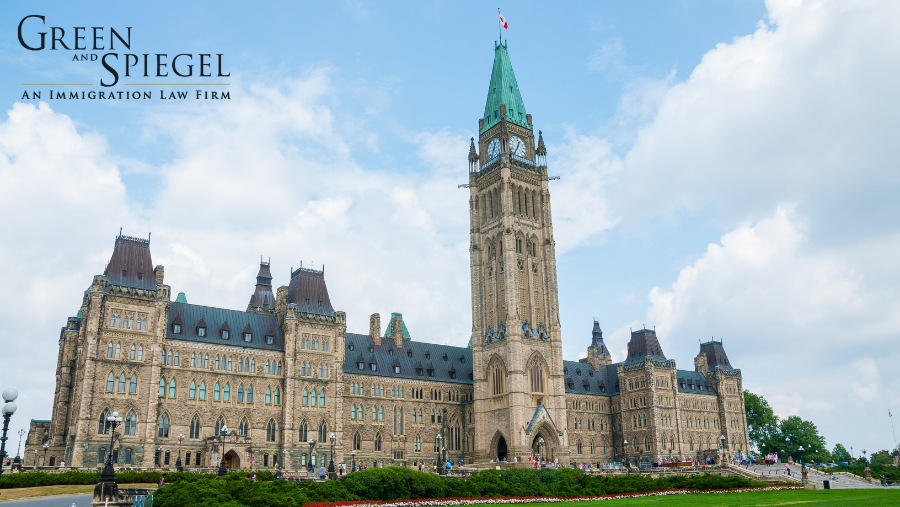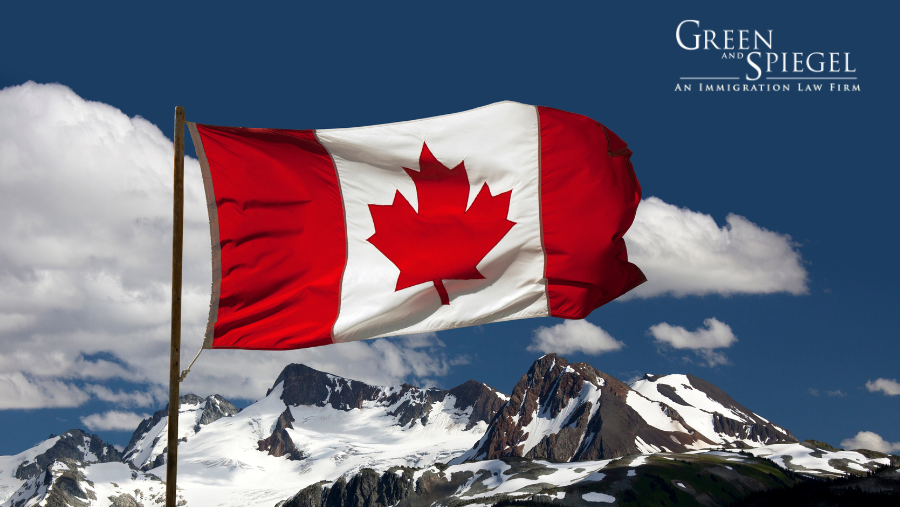November 5, 2015 ? The full text of the Trans-Pacific Partnership (TPP) has been released and the schedule of Canada?s commitments for the temporary entry of business persons promises to open the door to a broad array of foreign national professionals and technicians to work in Canada.
Background
The TPP is a multi-party free trade agreement comprising twelve Pacific Rim countries: Singapore, Brunei, New Zealand, Chile, the United States, Australia, Peru, Vietnam, Malaysia, Mexico, Japan and Canada. The agreement covers a range of economic policies from trade and tariffs to labour mobility and patent rights. The agreement creates the largest trading zone in the world, covering over 800 million people and comprising 40% of the world?s economic output.
While not yet ratified, Prime Minister Justin Trudeau has committed to promoting the deal and it is widely expected to pass the House of Commons.
Entry of Business Persons to Canada
Canada has committed to extending an occupational commitment under various categories to business persons of other signatory parties, where those parties have made the same commitment in respect of the same occupation, for Canadian nationals. These categories include business visitors, intra-company transferees, investors and independent executives, and professionals and technicians.
While many had anticipated a schedule of professions akin to the North American Free Trade Agreement (NAFTA), the TPP is in fact much broader in scope. Canada will admit, without economic needs tests or numerical limitations, and with few exceptions, professionals in all NOC O and NOC A jobs from Australia, Chile, Peru, Japan, and Mexico. In addition, other foreign nationals of other signatories in certain scheduled professional and technical occupations will also be eligible for canadian work permits.
Implications for Business
Canadian business will have greater freedom to recruit international professionals from among signatory countries without first needing to apply for a Labour Market Impact Assessment (LMIA) ? an economic needs test that is the procedural precursor to hiring most foreign nationals.
The broad categories of occupational LMIA exemptions for certain foreign nationals is matched by reciprocal agreements for Canadian professionals in those same countries ? meaning Canadian professionals and technicians will have greater freedom to seek international work opportunities, and Canadian businesses will have improved access to expand abroad.
Timeline for Implementation
The TPP electoral issues in other member states, may delay ratification and, as a result, there is no known reliable projected timeline for implementation. Green and Spiegel will continue to monitor developments in this area.
For more information about work permits, international labour reciprocity agreements, or for assistance with making an application, please contact Green and Spiegel.




